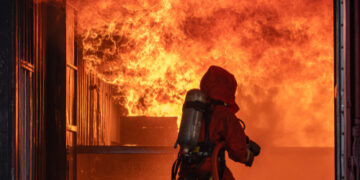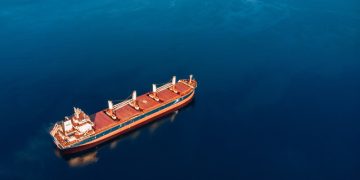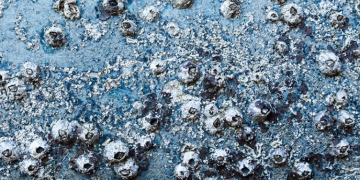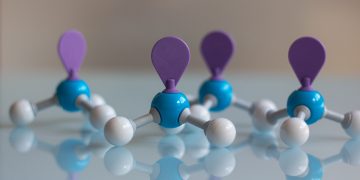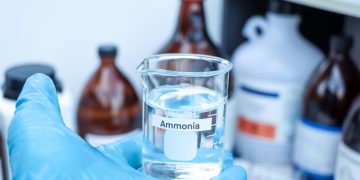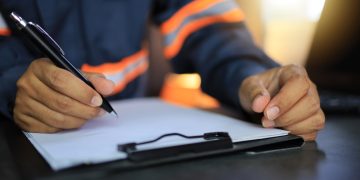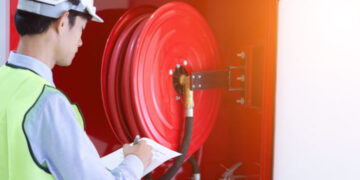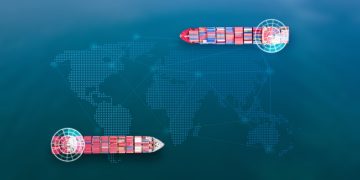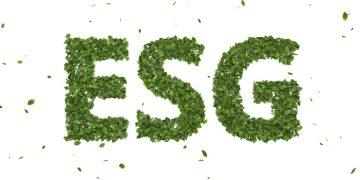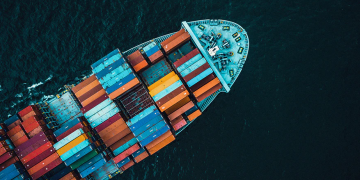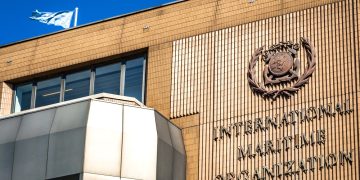Replacement of IAPP Certificate
Due to change in procedure for completing Supplement As already advised in ClassNK Technical Information No. TEC-0771 dated 13 May 2009, in accordance with Reg. 14 of MARPOL Annex VI, the sulphur content limit value for a fuel oil used outside of an Emission Control Area will be changed from 4.50% m/m to 3.50% m/m on 1 January 2012 and will be effective thereafter.Required sulphur content limit values are described in section 2.3 of the Supplement to the IAPP Certificate using a check box form. So far, only the check box for the sulphur content limit value which is applicable at the time of issuance of the Certificate has been ticked off. Therefore, whenever a new sulphur content limit values is enforced, the IAPP Certificate needs to be replaced each time.However, the IMO MEPC 61 agreed that section 2.3 of the Supplement should be completed on the basis of all available options, with a view to avoiding the need for repeated re-issuance of the Supplement, as the various given dates are passed. In accordance with this agreement, ClassNK will change the procedure for completion of section 2.3 of the Supplement and tick off all the check boxes which may be ...
Read more





